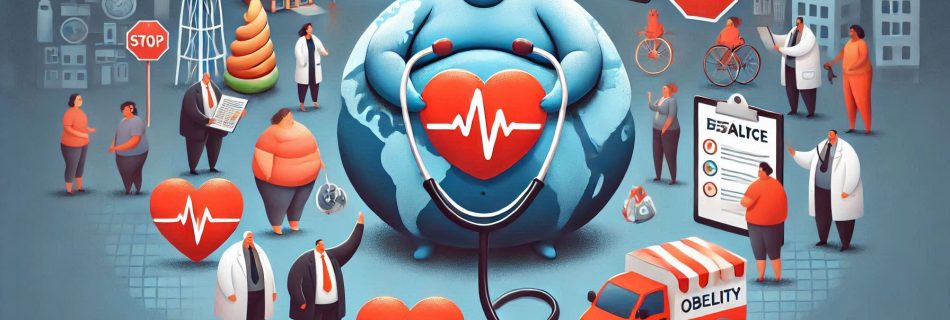The Mindful Life: A Step-by-Step Guide to Cultivating Awareness, Intention, and Purpose in Your Daily Life
In a world filled with constant distractions, rapid technological advancements, and overwhelming demands, it’s easy to become detached from the present moment. Our minds often wander to the past or future, leaving little space to appreciate the here and now. This disconnection can lead to stress, anxiety, and a lack of fulfillment. However, mindfulness offers …









